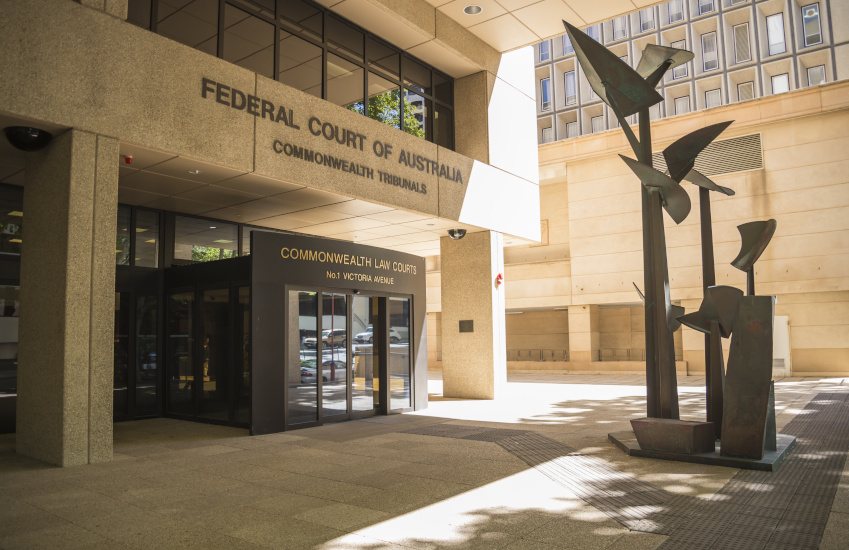You’re out of free articles for this month
Deloitte claims that they are unable to produce the documents because one of its partners, Reuben Saayman, had successfully claimed the right against self-incrimination and had somehow gained custody of the documents and would not release them to the “uninvolved partners”.
This involved Brisbane-based Mr Saayman removing the documents from “litigation room” in the Deloitte’s Sydney offices and encrypting the electronic files on Deloitte’s network — an encryption that the firm contends will take 12,600 years to break.
In rejecting the claim of privilege made on behalf of Deloitte’s uninvolved partners, the Full Federal Court said that Deloitte’s concern that its 700 partners might be exposed to prosecution or penalty for the alleged criminal or contravening acts of Mr Saayman are “misconceived and have no merit”.
“Any potential liability that Deloitte may have under… the Partnership Act to pay any penalty imposed on Mr Saayman or any involved partner does not give the uninvolved partners any right to claim privilege against self-incrimination or exposure to a penalty in response to the production orders,” Justice Michael Wigney said.
“I consider that the prospect of any prosecution of the uninvolved partners simply on the basis that, by reason of their partnership with Mr Saayman and any involved partners, they are somehow jointly liable for their offences, is theoretical rather than real.”
‘Outrageous and contumacious’
Turning towards the application for the uninvolved partners to be excused from complying with producing the documents, Justice Wigney said it was “inescapable” to infer that Mr Saayman’s actions were calculated to frustrate and that Deloitte had conveniently relied on his actions to defeat the production order.
Justice Wigney said primary Judge Mark Moshinsky had shown “admirable restraint and understatement” in describing Mr Saayman’s actions as “extraordinary and troubling”.
“I would go further. I would not be so charitable. Indeed, I would characterise Mr Saayman’s conduct as outrageous and contumacious, if not bordering on contempt. Deloitte’s conduct was not much better,” Justice Wigney said.
“The documents were clearly the property of the partnership, not the property of Mr Saayman alone. He had no right, without the authority of his partners, to take possession of them and remove them from Deloitte’s premises.”
Justice Wigney was also highly critical of Deloitte’s response to Mr Saayman’s actions, noting that it appeared that the big four firm had not even asked Mr Saayman to return the documents, or provide the password to the encrypted documents, let alone demand that he do so.
“At the very least, it would have been open to the chief executive officer to demand that Mr Saayman return the documents and provide the password. If Mr Saayman wilfully disobeyed that request, it would have been open to the chief executive officer to expel him from the partnership,” Justice Wigney said.
The evidence of Deloitte’s witnesses was also criticised as “most unimpressive”, with the firm’s senior legal counsel unable to explain how Mr Saayman accessed the secure litigation room or gained access to and encrypted the electronic files.
Deloitte was also criticised for calling on the evidence of a forensic technology partner, who said it would take 12,600 years to break the encryption. It was found that the partner was not a part of Deloitte’s IT services team and “did not have any knowledge of the IT infrastructure used in the firm”.
“The evidence adduced by Deloitte showed that the partnership or its management had shown no apparent interest in finding out how it was that Mr Saayman had been able to take off with the hard copy documents and encrypt the electronic documents,” Justice Wigney added.
“The obvious, if not inescapable, inference was that that was because it suited Deloitte and the uninvolved partners to do nothing.”

 Login
Login







